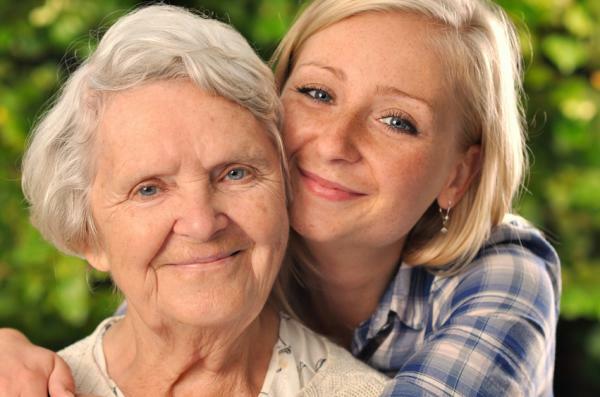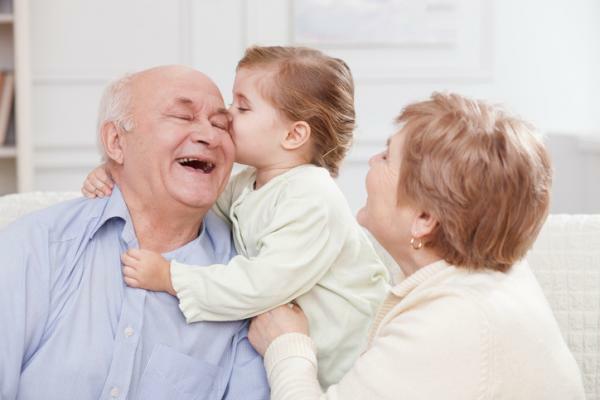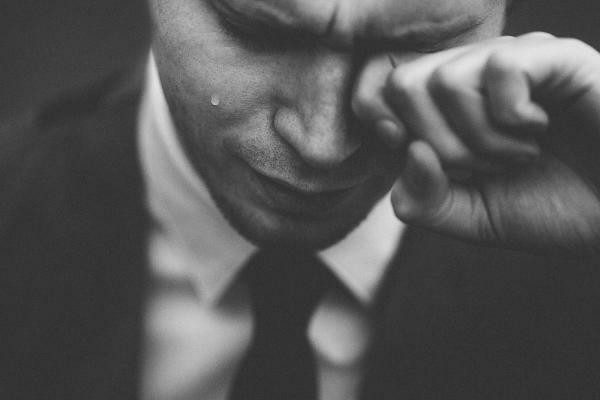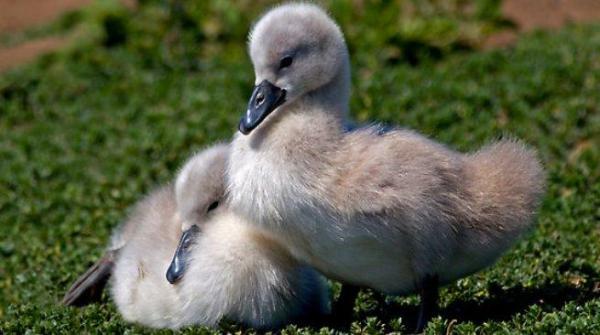
The older adult cIt constitutes the stage that follows middle adulthood and lasts until the death of the subject, it is also known as senescence, old age, old age, third age. The increase in life expectancy means that every day more people are over 65 years of age who enjoy good physical and mental health.
The fact that a subject adapts to the aging process depends a lot on the personality that it has developed in previous stages. It is argued that "one ages as it has been lived." In this Online Psychology article we are going to discover you how to help older people to face different changes that they will experience at this stage of their life.
Index
- Changes in the character of the elderly
- Physical changes
- Cognitive changes in older people
- Adapting to retirement
- Changes in family relationships
- Life and sexual desire in adulthood
- How to help you live a full life
Changes in the character of the elderly.
In psychically healthy elderly people, the personality hardly changes, but
- Changes in thought, affectivity or daily behavior.
- Tendency to introversion.
- Disinterest in life.
- Loss of autonomy.
- Dissatisfaction and sexual imbalances.
- Loss of family and social roles.
- Rejection and maladjustment to old age.
- Disagreement with your body image.
- Isolation or decline in human relationships.

Physical changes.
In relation to their physical development we find:
- Body modifications.
- Decrease in muscle mass.
- Decreased body water.
- Increase in body fat.
- Decrease in stature.
- Increased curvature of the back (kyphosis).
- Gray hair.
- Lax skin.
- Wrinkles
- Freckles
- Decreased gait speed.
Cognitive changes in the elderly.
Its cognitive development is characterized by the presence of various changes such as:
Perception is affected by the alteration of the sense organs. This causes difficulties in processing stimuli and information they receive from the environment, loss of reaction speed, decreased coordination capacity.
In memory, the evocation process is the most affected, they show fatigue and exhaustion.
- The memory of remote events retains greater sharpness and ease than that of recent events.
- Preservation and sometimes increase of verbal skills.
- Execution skills decline.
- The ability to solve new problems decreases.
- The guiding activity at this stage and the activity and communication systems will depend on the framework in which the elderly person is inserted; the fundamental need is that of transcendence.
- Old age is the age of retirement, which leads to professional inactivity, although there is a group of older adults who remain active at work.
Adapting to retirement.
Adapting to retirement depends on many factors, some especially related to the meaning of this moment for the elderly person. For some it represents the long-awaited moment to rest and be able to carry out activities that they could not before. For others it is a frustration, having to engage in domestic or unpleasant activities.
In any case, it causes a reduction in their financial resources, a readjustment to the new way of living together and a readjustment of family roles, Therefore, it must be a very personal decision of the elderly, even if it is due to suffering from a disease, which must be understood and respected by the family.
The older adult plays an important role in supporting all domestic activities and caring for the home and grandchildren.
He can stay active once retired, inserting itself in multiple activities of the community, existing different alternatives such as grandfather circles, grandfather's houses, University of the Elderly and participation in mass and / or religious organizations that the elderly select according to their preference.
Feelings of loneliness are frequent in these stages as a result of the children getting married and leaving the school. home, the feeling of the "empty nest", disinterest in life due to the death of the spouse or any family member near.

Changes in family relationships.
The loss of spouse it may have a different connotation for each older person. It has generally been the company for many years and it shows up as a very significant loss. But what sometimes affects the elderly person the most are the often inappropriate attitudes of the family members around them. It is frequent that these want the elderly to "be as if nothing", "not to cry", and the phrase "do your part" is very frequent. Other times the elderly person is brought to the children's home and they even "rotate" him to different places, without realizing that this affects him both emotionally and in his ability to adapt.
The family relationships become more complex due to intergenerational differences and they acquire vital importance for the elderly, having a marked influence on their emotional state. New roles emerge, such as grandfather, who actively participates in raising grandchildren whenever their health permits.
Sometimes the so-called “reckoning” arises in the family, which consists of negative attitudes on the part of family members given by a history of unfavorable affective relationships from earlier stages of the cycle vital.
Friends are an important source of support fundamentally affective type. Older adults usually meet with people their age to carry out different cultural, recreational and sports activities, in their free time, as long as their health allows them.
The loss of loved ones causes in older people feelings of sadness and loneliness, as well as a significant decrease in social relationships. Added to this is a reduction in the chances of obtaining care, when it is time to need it.
Life and sexual desire in adulthood.
The reencounter of the couple occurs due to the existence of the empty nest, the couple being an important link in the network support of the elderly, fundamentally when one of them becomes ill or becomes disabled, becoming carer.
Sexual desire decreases, as well as the characteristics of the sexual response, which becomes less intense but mainly influences factors such as prejudices, negative attitudes of the family, presence of diseases, lack of privacy and low self esteem.
But nevertheless sexuality is always present and it can be a source of pleasure and well-being, despite the fact that many see it as something shameful and try to hide it. Sometimes children and grandchildren minimize the ability to love at this stage.
The elderly have the right to enjoy sexuality. It is necessary to make them see that sexuality at these ages cannot be the same as in stages above, but they can exercise it to the best of their ability and achieve an affective approach with His couple.
How to help you live a full life.
- Convey a positive attitude towards life.
- Maintenance of physical and mental activity.
- Diet control.
- Rehabilitation of lost functions.
- Maintain an adequate lifestyle.
- Periodic medical control.
- To achieve the participation of the elderly in the development of the community.
- Respect for his individuality, for his space.
- Use free time productively.
- It is necessary to ensure that old age develops in an active and motivating way so that the elderly feel useful to society and to yourself, loved and respected by everyone in your family and in your community.
- It is necessary to develop a whole series of actions aimed at using the capacities of the elderly in their active role in society.
- There is a need to design health programs so that the elderly can continue to integrate into society and their community.
This article is merely informative, in Psychology-Online we do not have the power to make a diagnosis or recommend a treatment. We invite you to go to a psychologist to treat your particular case.
If you want to read more articles similar to Helping Older People, we recommend that you enter our category of Social psychology.


